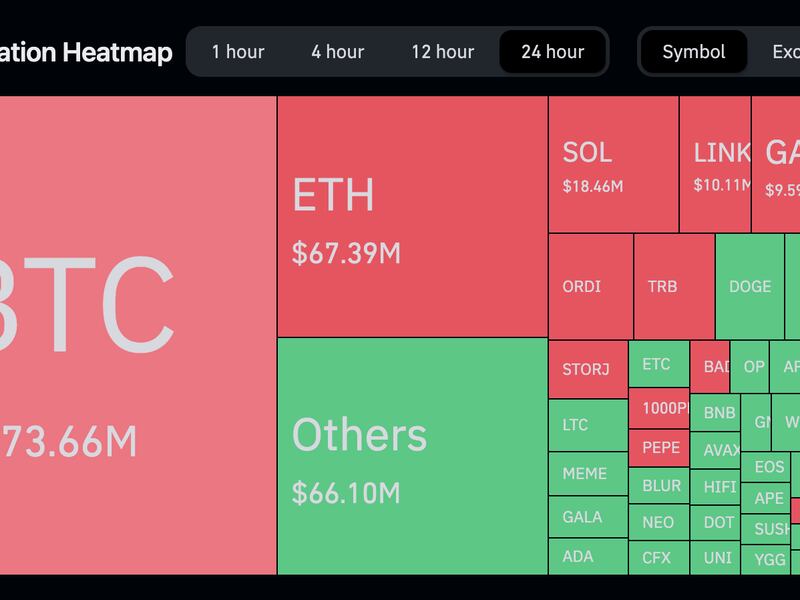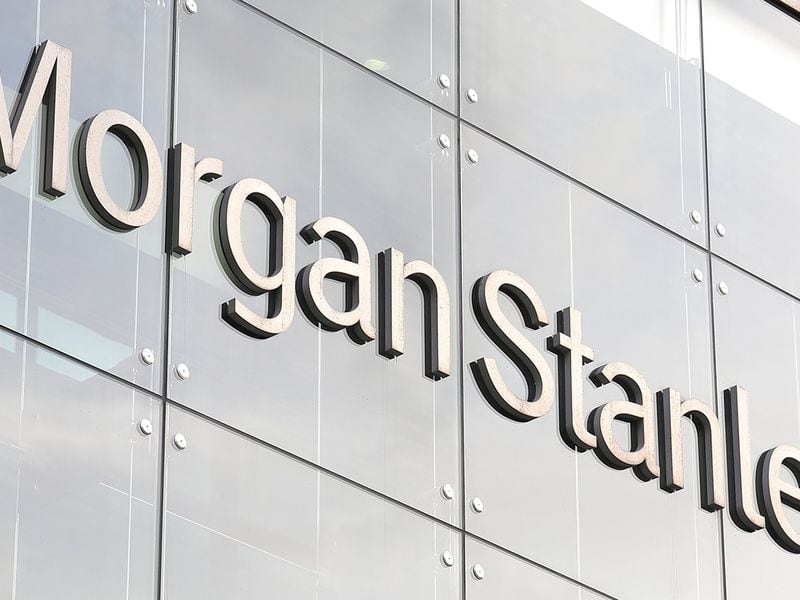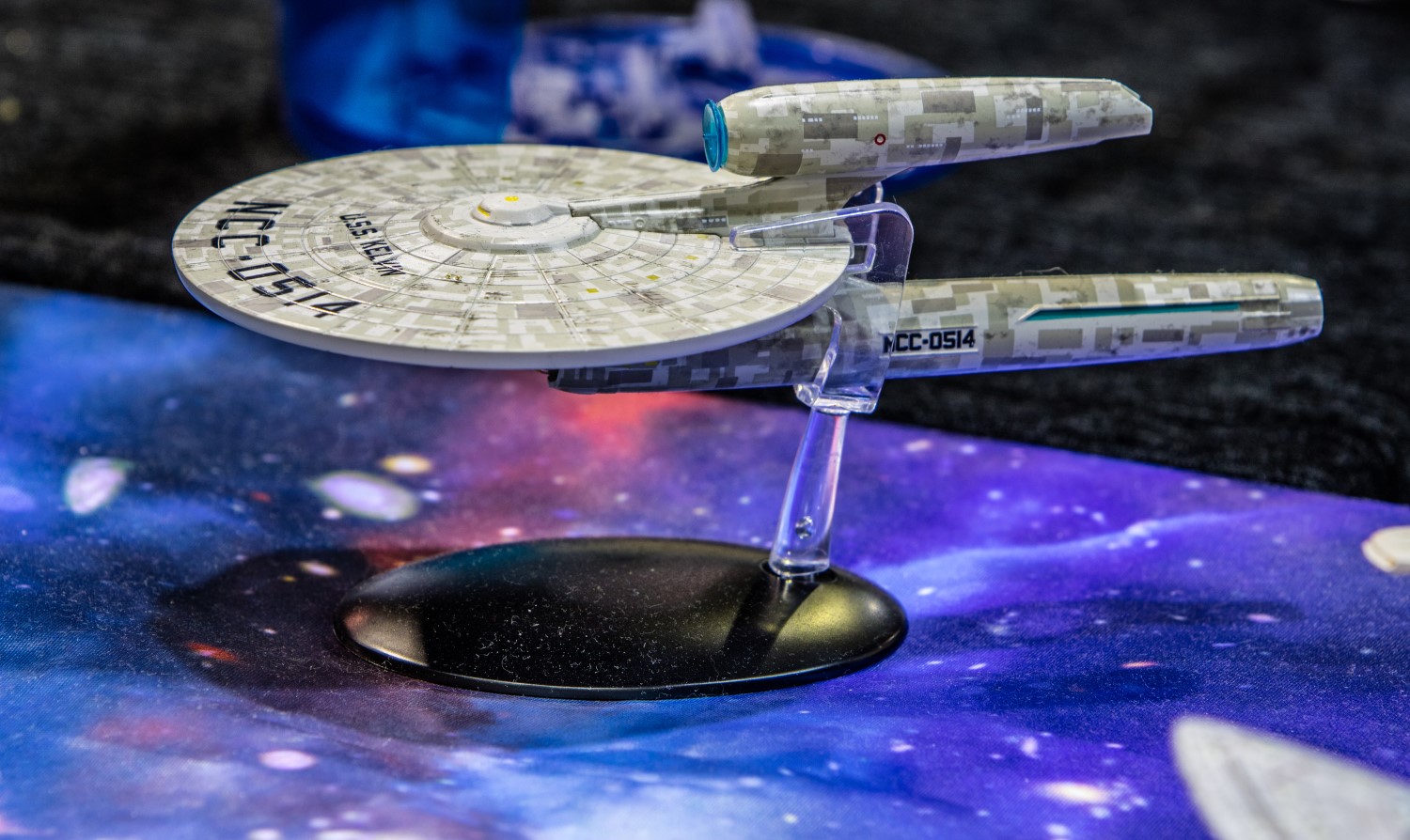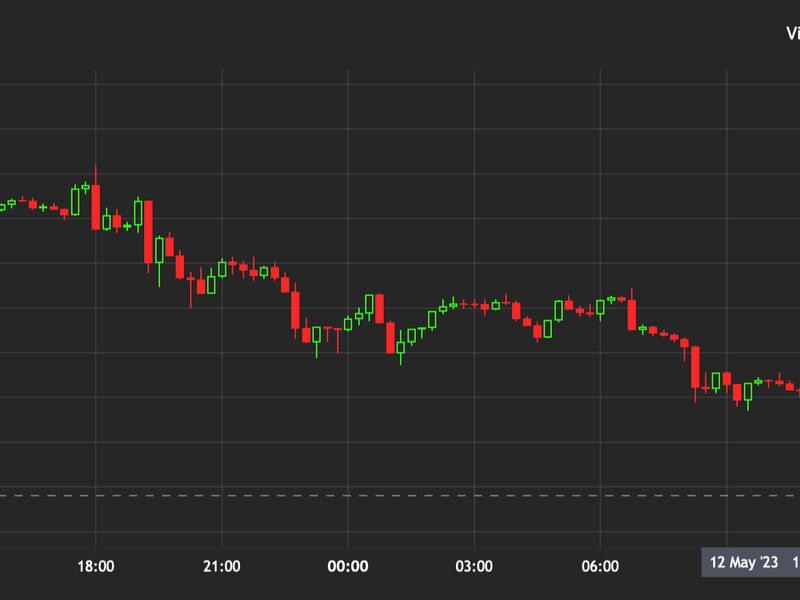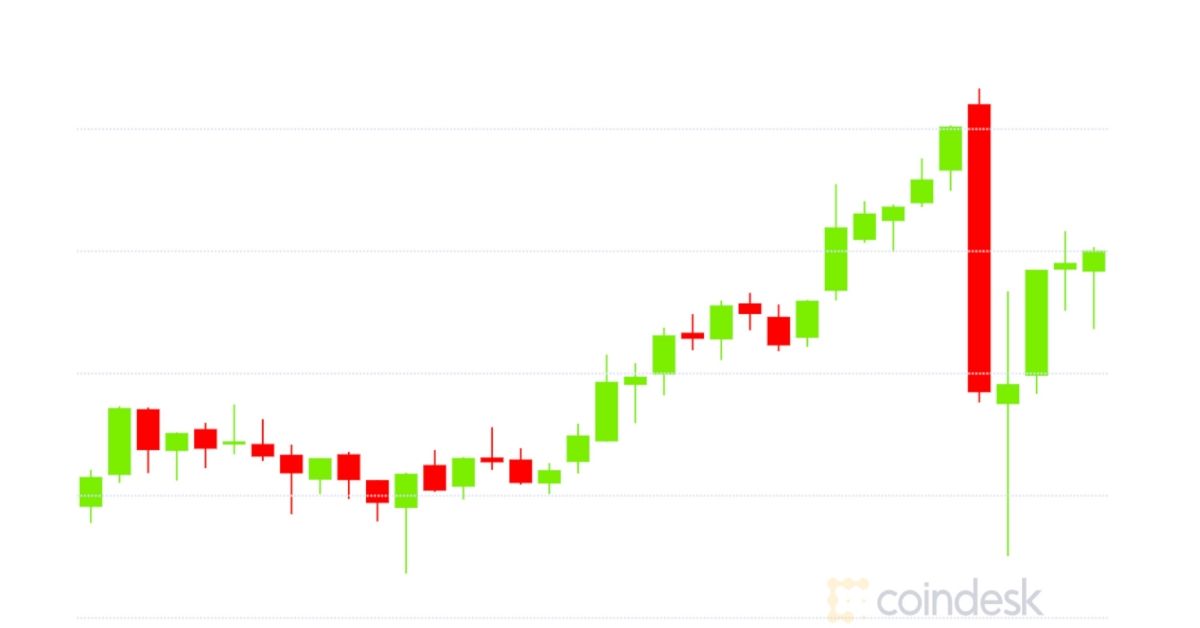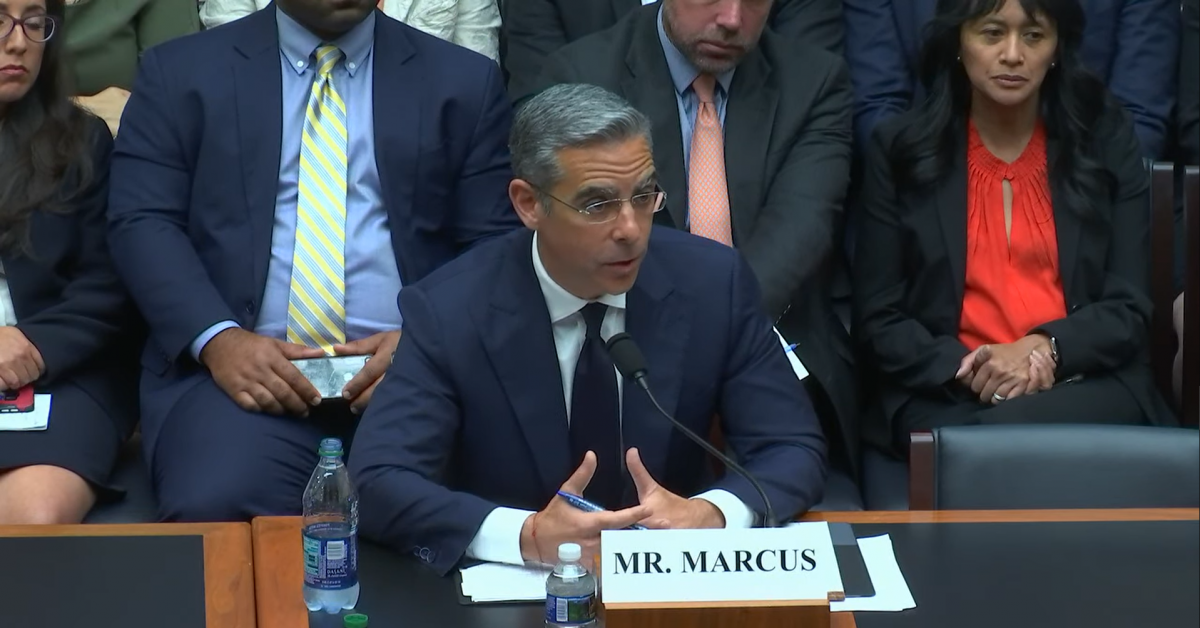LG Expands Blockchain Applications With Food Ledger and Potential Crypto Wallet

LG Corporation, the South Korean electronics conglomerate, may be expanding its blockchain initiatives.
On July 2, the firm filed a patent on that describes an electronic wallet that may contain capabilities for cryptocurrency. Additionally, LG CNS, the firm’s IT subsidiary, announced that it will add food distribution services to it’s Monachain distributed ledger, according to ZDnet.
Through a partnership with IT service provider SayIT, LG intends to track food being served in Korean school cafeterias. The service will provide transparent access to “production, processing, distribution, acquisition, and consumption” data for agricultural products.
The firm said the initiative is aimed at improving students’ health, and will collaborate with local governments to make the data publicly available.
LG CNS began developing its blockchain in 2017 using R3’s distributed ledger software, Corda.
ThinQ Wallet, registered with the United States Patent and Trademark Office, will provide transaction, brokerage, and settlement services for a number of devices including mobile phones and computers.
The patent also lists use cases for blockchain, cryptocurrency, and the “issuance of cyber money,” though the majority of listed applications involve traditional credit and banking services.
ThinQ is a trademark currently used by LG to indicate products integrated with AI. The new patent is awaiting review.
LG has successfully tested a number of blockchain applications in the past two years.
The firm designed a pilot in September for a blockchain-based international payments mobile service under its cellular carrier LG Uplus. In June, LG signed on with pharmaceutical firm Celltrion and UnionBank to council the Klaytn blockchain launched by South Korean messaging app giant Kakao.
The company did not respond to a request for comment.
South Korean flag photo via Shutterstock


